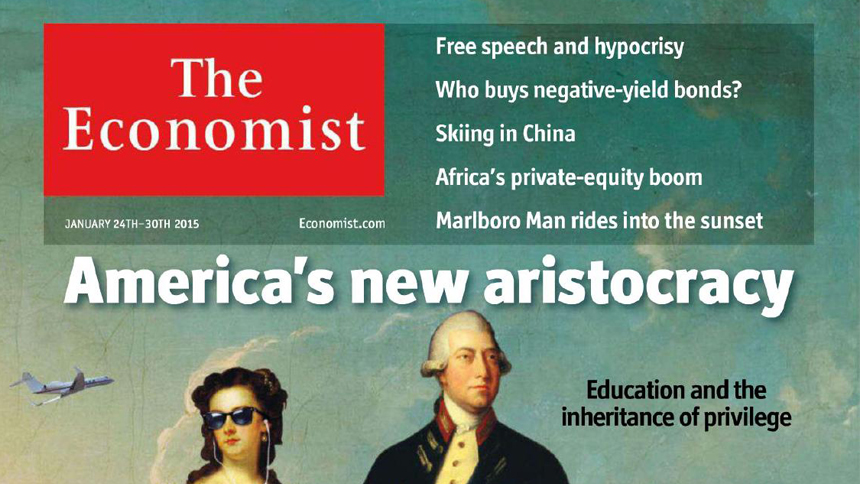When I was a devoted writer of fiction only, I understood the minuscule odds of my “making it” as a published author, but I believed I was different. I believed that my work ethic, my focused creativity and the sheer longevity of my commitment to writing (I wrote my first terrible novel at 12, my second terrible novel at 19) set me apart from the dabblers. I believed I deserved success because I wanted it. But all the wanting in the world couldn’t change the industry fact that writing fiction for a career is rarely sustainable. At best, it’s a supplement or hobby; at worst, poverty.
Making the freelance leap, reading books about writing for money and meeting with other professionals pointed me toward one truth: When you’re getting started as a full-time freelance writer, nonfiction is what pays. I fought against this intensively. I earned $50 in a short-fiction contest and several unpaid publication credits in a couple of literary magazines before I bit the bullet and tried my reluctant hand at nonfiction.
But to my surprise, the transition was nearly seamless. Nonfiction wasn’t dry and boring. It also wasn’t as intimidating as I imagined: I didn’t have to become a bloodsucking Rita Skeeter to “get the story.” Plus, I got to learn about an array of topics. I wrote articles on running a home daycare, caring for sugar gliders, and the difference between traditional and Roth IRAs. My work became even more exciting — and personal — when I started writing and selling essays on the madness of new motherhood. Now my career is both diverse and satisfying: I write on women’s health, body-image issues, parenting and the media. I do technical writing for IT companies. It’s amazing to think I wouldn’t be doing this array of interesting work if I’d remained in my fiction bubble.
But that’s not to say my years of toiling over characters and plotlines weren’t worthwhile. As quickly as I realized nonfiction was the key to earning income as a freelancer, I also realized my fiction had actually done quite a bit to prepare me. Here are my top five reasons fiction made me a better freelancer.
1. It gave me thick skin.
Although I’m still a blubbering mess if someone in real life implies they don’t like me, I’m cool as a robot when reading rejection letters or emails. I wasn’t always this way. In my teens and early 20s, I’d waste a day or two brooding when an agent or editor said my work wasn’t right for them.
But after years of querying and nail-biting and stalking the mailman — or later, the Gmailman — now I see rejections as nothing more than business decisions. That’s what it is, after all. If a publication can’t make money off my idea, it’s not my personal fault as a human being, and I’m not destined to die alone in a sea of unpublished manuscripts and tears.
2. I was able to hone my craft.
I noticed, even in my early days of freelance writing for content farms, that fiction had bestowed on me a sense of proper wording, pace and flow. Even the driest of my technical writing requires elegance and clarity, both of which come from the delicate wordsmithing required of fiction. Another element of craft I learned from writing fiction, what I call “first-draft fearlessness,” is essential, regardless of the type of writing you do. You’ll hear it again and again: Great writers are great editors.
I don’t wake up, pour out 1,500 tidily arranged words onto my computer screen, email it to my editor and start my next assignment. Instead, I write a sentence, rewrite it ten times, stare out the window, tweak another word, get up to refill my coffee, practice my one-liners for when I get invited on The Colbert Report, and write some more. Then I reread everything, rewrite again and email my editor with an attached draft that never quite feels complete. The craftsmanship of writing, the act of sitting down and doing it, is more or less the same for all types of writing.
3. Generating ideas came naturally.
When I wrote only fiction, I kept a little notebook nearby at all times in case an idea would strike. It’s no different with nonfiction. Having trained myself before to hone my curiosity and keep my eyes and ears open for ideas, it comes naturally now. I’m likely to come up with an article idea, a turn of phrase or an untapped market while I’m driving, playing blocks with my 2-year-old or taking my lunch break.
If you can invent a villain or dream up a plotline or a setting, you can develop a pitch for a nonfiction article. In fact, at times, I actually feel like nonfiction requires a higher level of inventiveness than fiction. I remember running into logistical issues with my novels or stories and simply “writing in” a new character or object to solve it. With nonfiction, however, you have your information, your facts and experiences, and it’s up to you to sculpt what you have in a compelling way.
4. I had deadlines down pat.
Let’s face it: If you’re a fiction writer and you don’t set goals, you’ll never finish anything. It’s no coincidence that half of the books out there on the craft of fiction weigh in heavily on the subject of time management. No one’s ever going to be breathing down your neck, pushing you to finish that chapbook of magical realism vignettes or the paranormal horror novel haunting your dreams.
In fact, most fiction writers will confirm that life, family and friends always seem to get in the way of writing fiction. So, if despite these odds you’ve completed a work of fiction, no matter how unrefined it is, you have the discipline you need to meet editorial deadlines.
5. It taught me persistence.
When writing fiction, do you know how many agents and publications I queried, how many false starts I endured and how many hopeful correspondences never came to fruition? Ugh, me neither, and I don’t care to know. Getting my fiction noticed and published felt like a crapshoot, and the only way to improve my odds was to keep sending stuff out there. That action of constantly reaching, keeping multiple stories circulating in the querysphere, and never wallowing for too long was an amazing gift to my nonfiction career. Persistence as a freelancer is pitching a new idea to the editor who rejected your first idea. It’s complying with an extensive rewrite. It’s chasing down the perfect expert for an interview, no matter how elusive they are or difficult their PR agent is.
It’s essential to survival.
It’s for these five reasons that if you’re a struggling fiction writer who wants to make a living I can’t recommend nonfiction highly enough. I was an extremely unlikely candidate for nonfiction freelance writing: I was never a staffer on my high school or college newspaper. I didn’t have a technical writing or communications degree. I never took a journalism class or a creative nonfiction class, and interviewing people gives me anxiety. All I was really good at was storytelling.
But, as it turned out, that was plenty.










